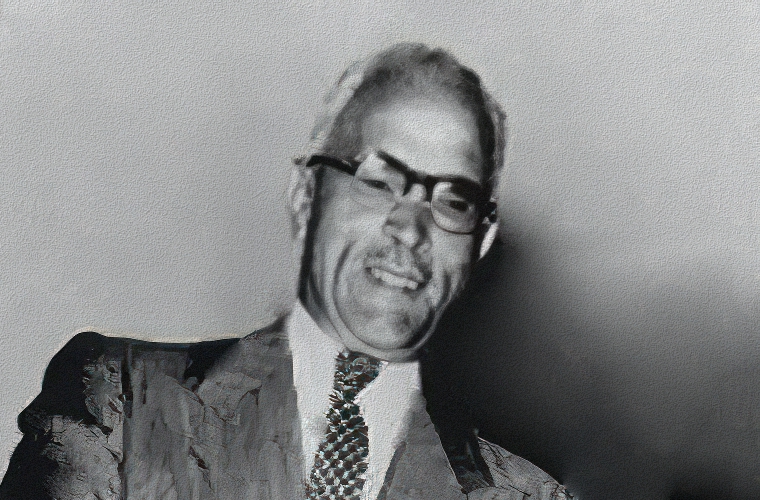Vernon Napoleon Johns (1892-1965) was an American minister and civil rights activist who played a key role in the early stages of the civil rights movement in the United States. Despite his significant contributions, Johns is often overlooked in the history of the movement, which tends to focus on more prominent figures like Martin Luther King Jr.
Johns was born in Darlington Heights, Virginia, and grew up in a segregated society. He was educated at Virginia Theological Seminary and College, where he received a bachelor’s degree in divinity. After graduation, he served as a pastor in several churches in Virginia, where he became increasingly concerned with the injustices and discrimination faced by African Americans.
In 1947, Johns became the pastor of the Dexter Avenue Baptist Church in Montgomery, Alabama, where he continued to speak out against segregation and racial inequality. He organized a boycott of the city’s buses after a Black woman was arrested for refusing to give up her seat to a white person, which was one of the earliest examples of direct action in the civil rights movement.
Johns also inspired and mentored several young activists, including Martin Luther King Jr. who served as a member of his congregation in Montgomery. King later credited Johns with teaching him the importance of speaking out against injustice and using nonviolent resistance to bring about change.
Despite his significant contributions to the civil rights movement, Johns faced opposition and criticism from both white and Black leaders in the South. He was eventually forced to resign from his position at the Dexter Avenue Baptist Church, and he returned to Virginia where he continued to advocate for civil rights until his death in 1965.
Today, Vernon Johns is remembered as a courageous and visionary leader who helped lay the foundation for the civil rights movement in the United States. His legacy serves as a reminder of the importance of speaking out against injustice and standing up for what is right, even in the face of opposition and adversity.

